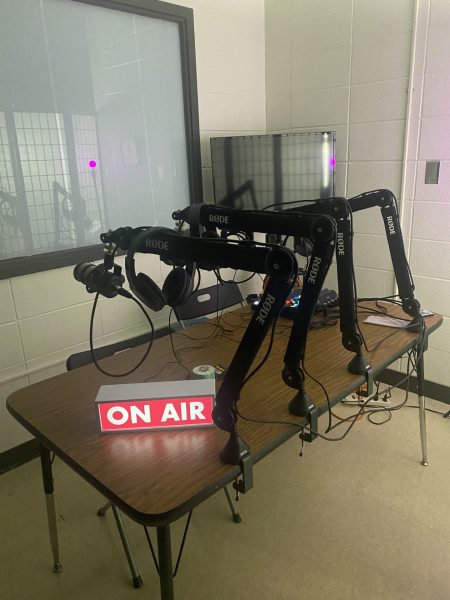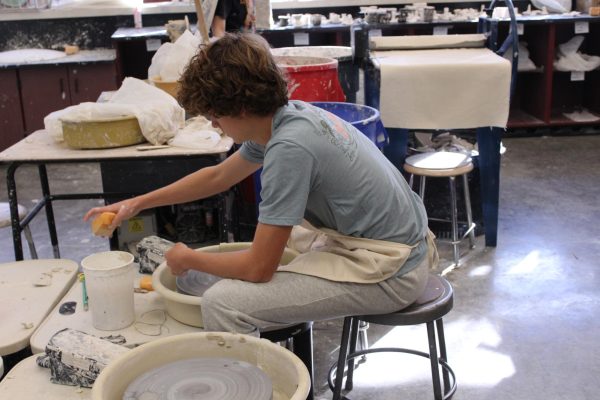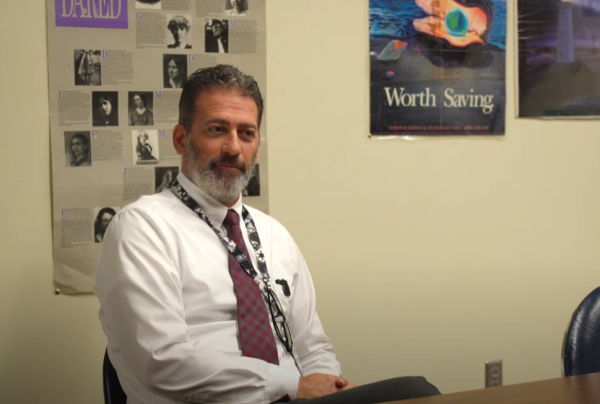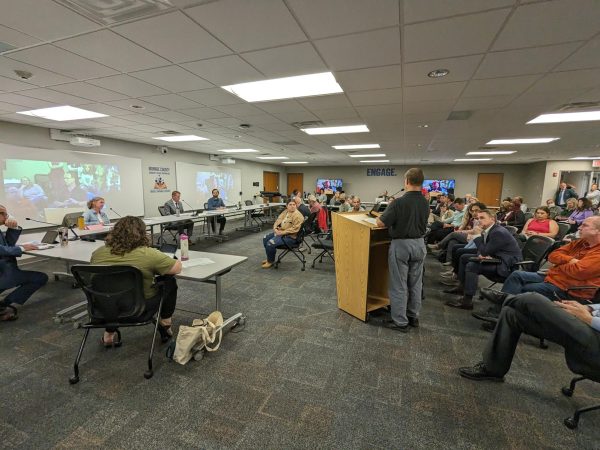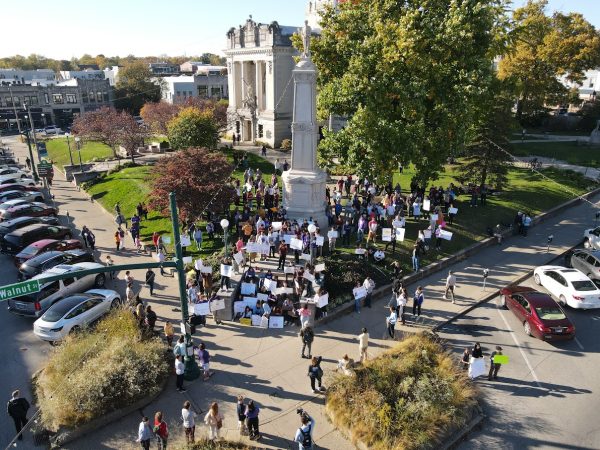The Legacy of Ruth Bader Ginsburg
How Ginsburg helped the American people
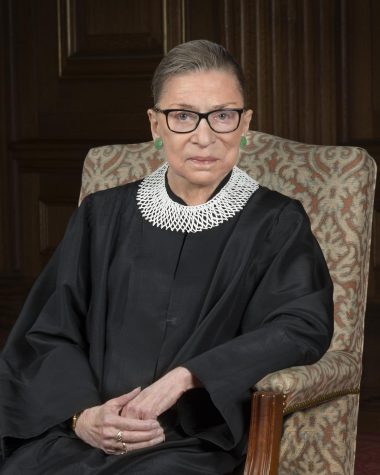
Former Associate Justice of the Supreme Court, Ruth Bader Ginsburg passed away this September. It is important to remember all the things she did for the United States and for the people in it, so that we don’t forget where we came from and what she has done for us.
One important thing to know about her is her activism didn’t start in court. Ginsburg was the second woman to take a job as law professor at Rutgers University. While working she realized that her male coworkers were making a significantly larger amount of money than she was and her colleagues. She decided to make an Equal Pay Act complaint which would end up increasing all of their pay.
Ginsburg was the co-founder and the faculty advisor on the first law journal focusing on women’s legal rights. This book was called “Women’s Rights Law Reporter” and she devoted hours composing it to make it as accurate as possible.
The American Civil Liberties Union (ACLU) Women’s Rights Project was co-founded with Ginsburg in 1972. This project would open opportunities and remove barriers so that “new traditions” would be created. This would allow women and men to thrive and adapt to the evolving societal gender role expectations. The ACLU handled cases of sex-discrimination slowly, one at a time. Ginsburg herself would argue six cases in front of the Supreme Court, of which she won five.
When she was appointed to the Supreme Court in 1996, Ginsburg was the second woman and first Jewish woman to serve. She was often called for ruling in cases that handled the rights of women and gender equality. She not only faced personal gender discrimination but she was diagnosed with colon cancer in 1996, pancreatic cancer in 2009 and cancerous nodules of the lungs in 20018. During these bouts and treatments, she never missed a day of service on the bench.
She, with the help of Justice Kennedy, often fought for the rights of LGBTQIA+ members and the community. Like in the Romer vs. Evans case of 1996, the Court ruled, for the first time, that discrimination on the basis of sexual orientation violated constitutionally protected rights. Another case would be the Lawrence vs. Texas case in 2003 which determined that U.S. laws prohibiting private “homosexual activity” between consenting adults as unconstitutional. She was also the first judge to officiate a same-sex marriage.
Other major achievements in her career include that state-funded schools must allow the admission of women; protecting pregnant women in the workplace; the Equal Credit Opportunity Act and she also argued for women serving on jury duty to ensure their voices were equal with male jurors. In 1996, in the United States vs. Virginia case Ginsburg wrote that schools funded by taxpayer money had to allow women or it was unconstitutional. Then in 1972, she made the case that excluding women whom are pregnant in the Air Force is sex discrimination. In 1974, Ginsburg made it possible for women to apply for credit cards and mortgages with a man co-signer. For women serving on a court jury was an option while for men it was required. Ginsburg argued that women should be in juries when they will be valued the same as men.
We have to remember Ginsburg and all of her accomplishments. Many people know her and her work, but what about North students? One senior, Callie Ashby does know of Ginsburg’s legacy.
“I think that she’s an amazing role model for so many women to look up to,” she said. “She’s such an iconic human in history.”
Junior Addison Steinfeldt is more uncertain of the late Associate Justice.
“I heard the name before,” she said adding that she doesn’t really know of Ginsburg or her achievements like many others do.
A lot of people are bringing up that they wish they were more formally educated about Ginsburg’s work.
“I think she should definitely, 100 percent, be taught in schools,” Ashby said, not recalling any dedicated curriculum in school. However, Ashby predicts Ginsburg’s legacy is secure. “A hundred years from now kids in school will be learning her name.”
Steinfeldt agreed and said, “She is just such an awesome, strong woman in a place of power.” Steinfeldt realizes how Ginsburg fought for women and other minorities to access power and related responsibilities and the equality we deserve.
Ginsburg has made such a difference in American lives whether we knew it was her or not. It was truly a tragedy that we lost such an important person and voice.
May her memory be a blessing.



